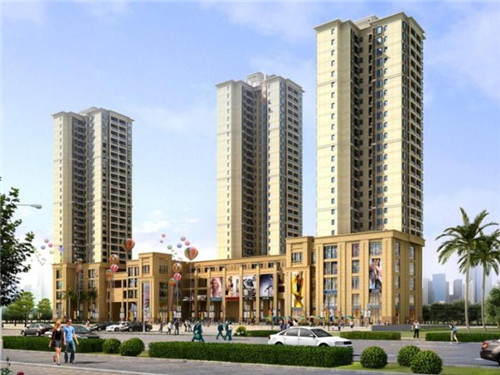旅行的英文现在进行时
现在进行时在描述旅行时,常用来表达正在进行的动作或状态。例如,“I am traveling to Japan at the moment.”(我此刻正在去日本旅行。)这种时态强调旅行的正在进行性。
此外,现在进行时还可以用于表示计划中的旅行。如“He is planning a trip to Europe.”(他正在计划一次欧洲之旅。)这里,“is planning”表明旅行计划已经在进行中,但尚未完成。
在描述与旅行相关的活动时,现在进行时也非常有用。比如,“She is enjoying her vacation in Italy.”(她正在意大利享受她的假期。)这里的“is enjoying”表明她正在进行的动作是享受假期。
总之,现在进行时在描述旅行时,能够生动地表达出旅行的即时性和进行状态。

Traveling in the Present Tense: A Journey of Discovery
In today"s fast-paced world, travel has become more than just a luxury; it"s a necessity. With the rise of globalization and advancements in transportation, the concept of traveling has evolved significantly. Today, we are exploring the multifaceted world of travel through the lens of its current trends and practices.
Understanding the Current Landscape of Travel
The global tourism industry is currently experiencing a surge in growth, driven by several key factors. Firstly, the decrease in travel restrictions due to the COVID-19 pandemic has opened up international borders, encouraging travelers to explore new destinations. Secondly, the increasing affordability of air travel has made it easier for people from diverse economic backgrounds to embark on journeys. Additionally, the rise of digital marketing has transformed how travel brands and destinations promote their offerings, making it more accessible than ever before.
Key Trends Shaping the Future of Travel
1. Sustainable Travel: There is a growing awareness of the environmental impact of travel. As travelers become more conscious, there is a shift towards sustainable travel practices, such as eco-friendly accommodations, eco-friendly transportation, and supporting local communities through responsible tourism.
2. Personalization: The use of technology in travel planning has led to a greater emphasis on personalization. Travelers now seek tailored experiences that cater to their unique preferences, whether it"s through personalized itineraries, customized accommodations, or personalized recommendations.
3. Health and Wellness: The health and wellness industry has渗透到 travel, with many destinations offering wellness retreats, spa treatments, and fitness programs. Travelers are increasingly looking for destinations that promote physical and mental well-being.
4. Virtual Travel: While traditional travel is still popular, virtual travel is gaining traction. With advancements in virtual reality (VR) and augmented reality (AR), travelers can now experience destinations remotely, providing an immersive and unique way to explore new places.
Technical Terms and Professional Theories
To better understand the dynamics of the travel industry, it is essential to grasp some key technical terms and professional theories:
1. Tourism Satellite Account (TSA): This is a standard statistical framework developed by the United Nations World Tourism Organization (UNWTO) to measure the economic contribution of tourism. It provides a comprehensive overview of the tourism sector"s size, structure, and performance.
2. Destination Marketing: This involves promoting a destination to attract visitors. It includes strategic planning, research, and implementation to create a compelling image of the destination that resonates with potential travelers.
3. Service Quality: In the context of travel, service quality refers to the overall satisfaction derived by travelers from their travel experiences. It encompasses various aspects such as hospitality, safety, convenience, and overall comfort.
4. Brand Equity: This refers to the value that a brand adds to a product or service. In the travel industry, strong brand equity can lead to increased customer loyalty, higher pricing power, and a competitive advantage.
Conclusion
Traveling in the present tense is a dynamic and ever-evolving experience. As the industry continues to adapt to changing trends and incorporate new technologies, understanding the current landscape and key trends is crucial for anyone looking to embark on a journey. By embracing sustainable practices, personalization, health and wellness, and virtual travel, travelers can make the most of their experiences while contributing positively to the world around them.
